
The Web’s the Limit with IntelliWebSearch (Almost) Unlimited
Translators often need to check large numbers of terms on the Internet as efficiently as possible. Without the right tool, this entails repeatedly copying terms, opening your browser, pasting terms into search boxes, setting search parameters, clicking buttons, copying solutions, returning to Wordfast and pasting the terms found. Are you tired already?
IntelliWebSearch semi-automates the terminology search process so your task can be completed more rapidly and effortlessly. This brief presentation will show IntelliWebSearch’s basic features to see how it can be used to speed up and simplify terminology searches.
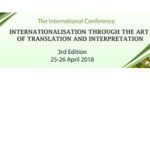
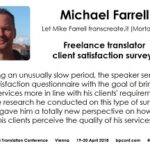
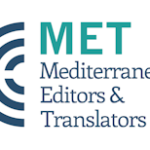
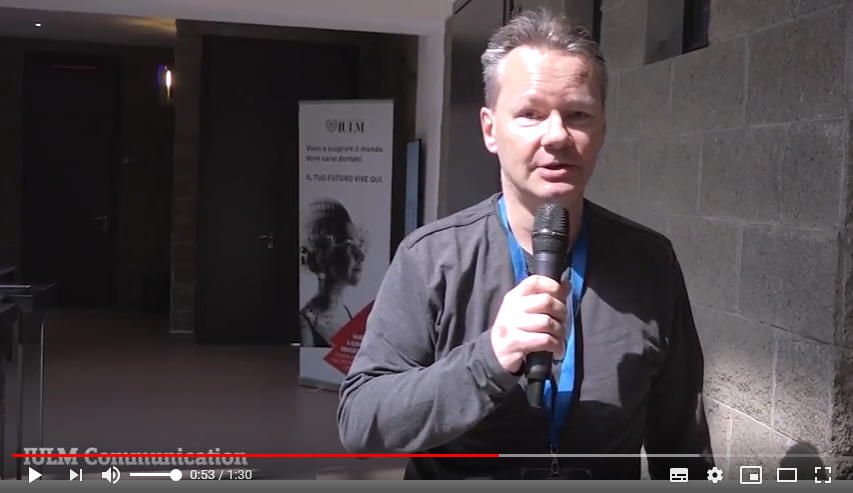


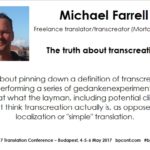
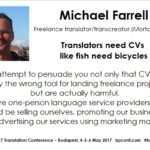
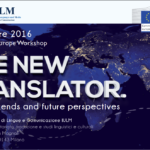
 Engaging copy translated literally into English, without taking account of differences in linguistic, semantic and cultural expressions, at best leaves much to be desired and at worst provokes hysterical laughter.
Engaging copy translated literally into English, without taking account of differences in linguistic, semantic and cultural expressions, at best leaves much to be desired and at worst provokes hysterical laughter.
 Thanks to my scientific background, I specialize in technical translations. Over the years I have acquired experience in transcreating advertising copy and press releases primarily for the promotion of technology products.
Thanks to my scientific background, I specialize in technical translations. Over the years I have acquired experience in transcreating advertising copy and press releases primarily for the promotion of technology products.
 All my clients are satisfied with my ability to understand and meet their expectations.
All my clients are satisfied with my ability to understand and meet their expectations.